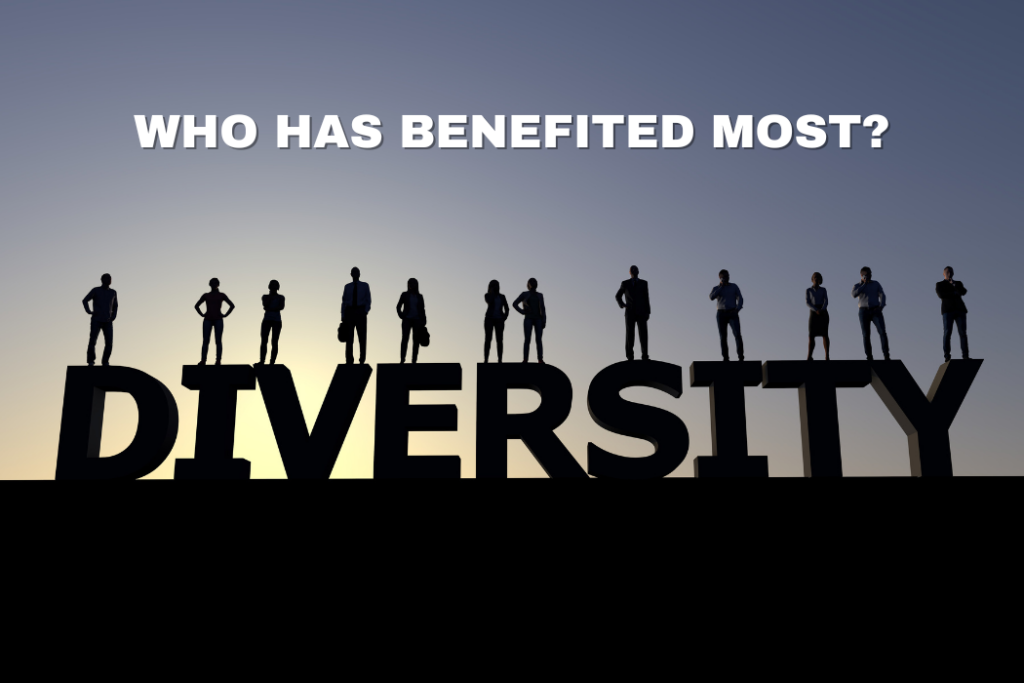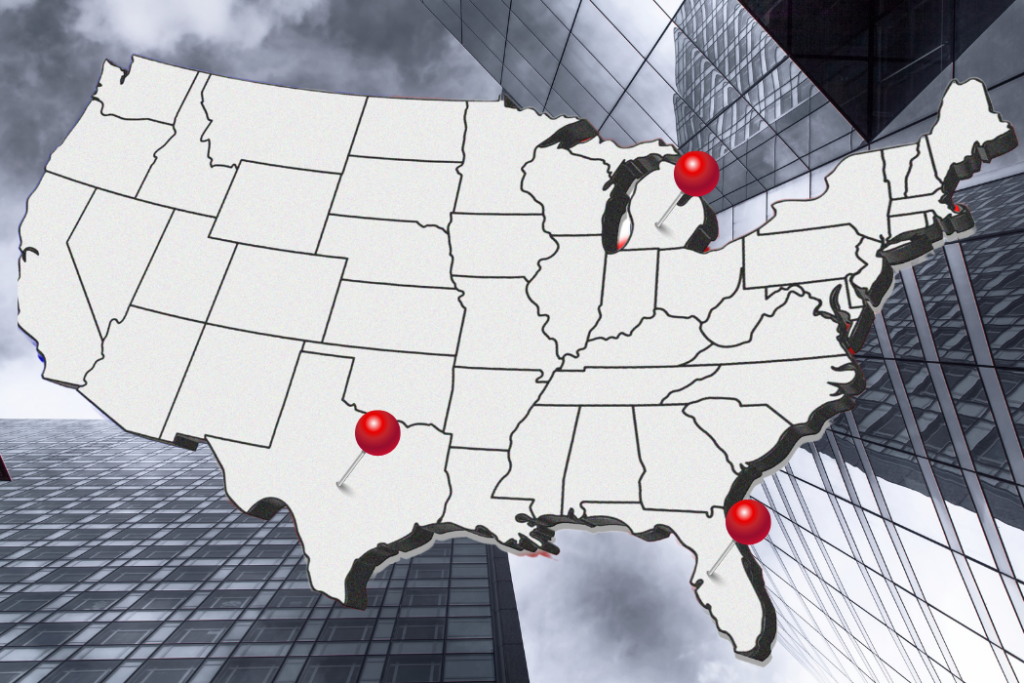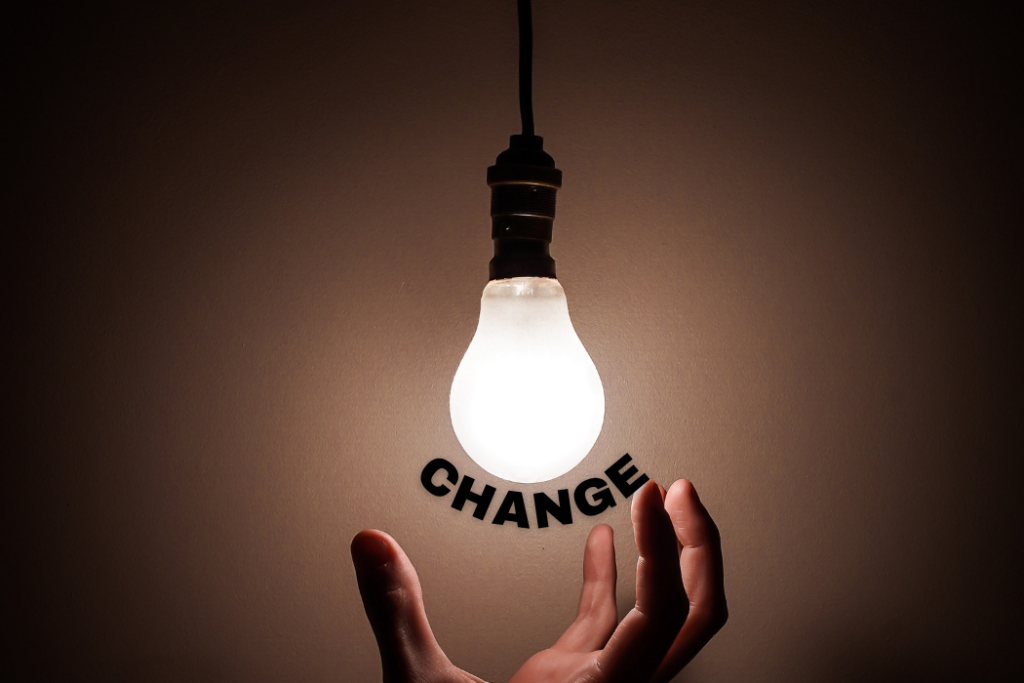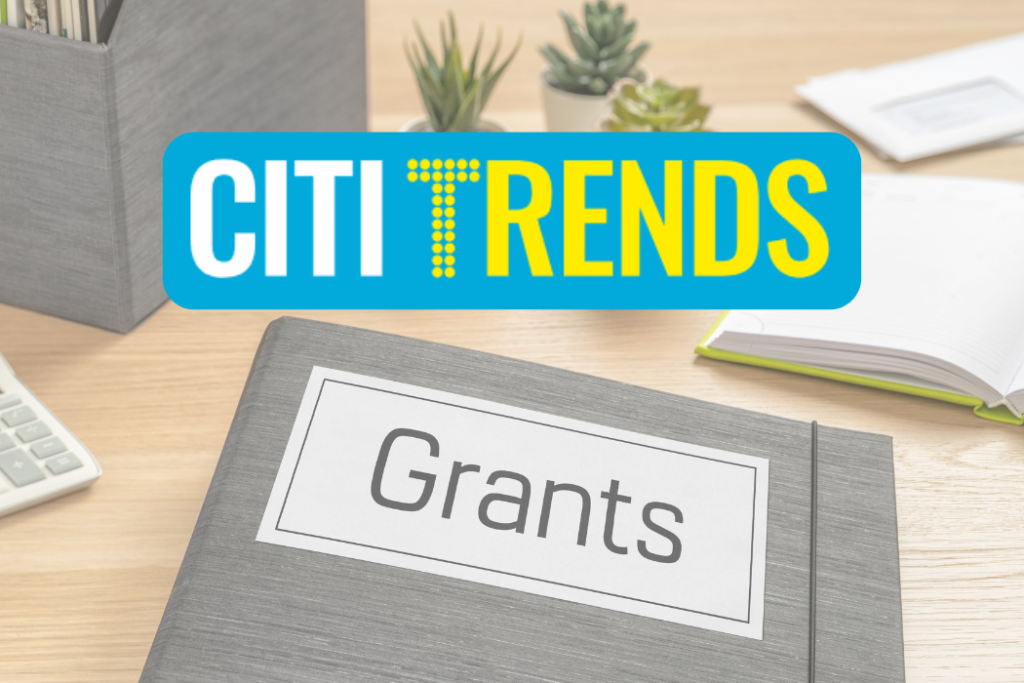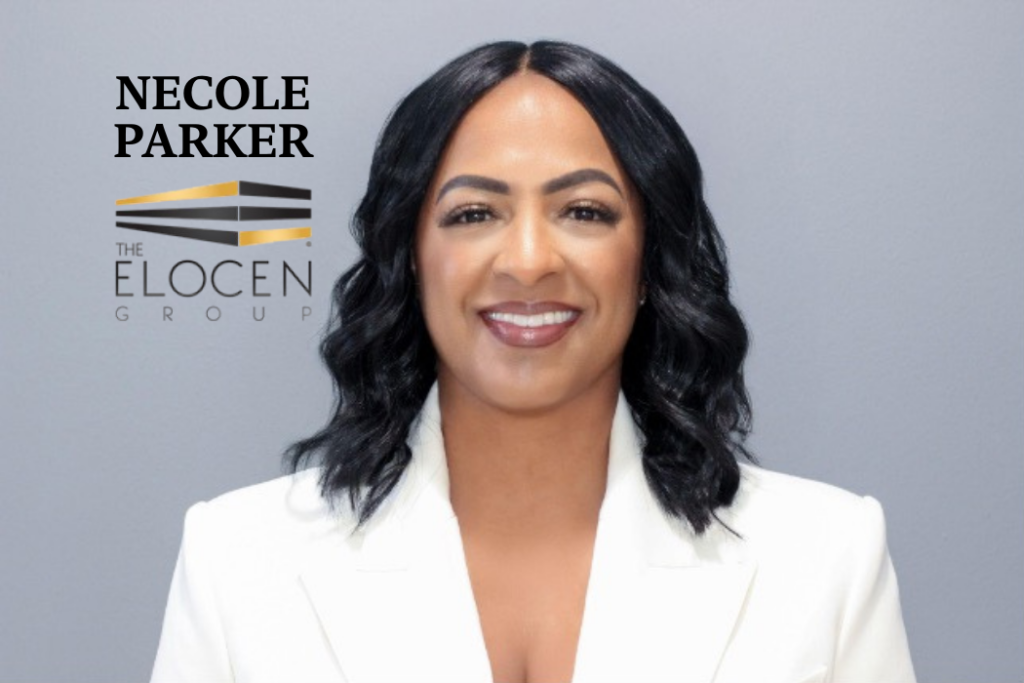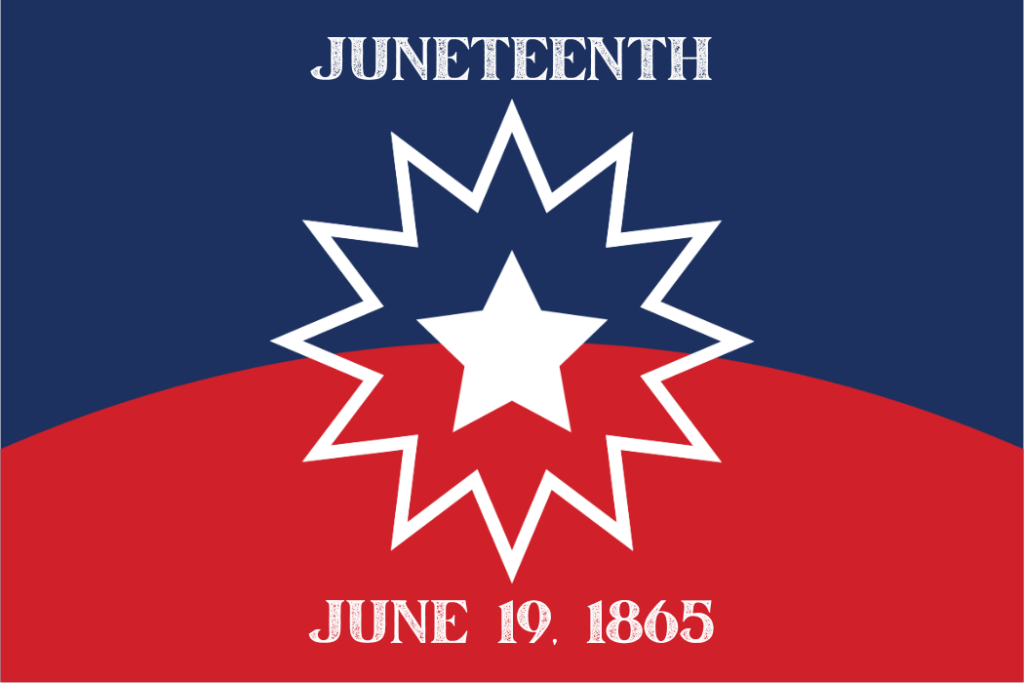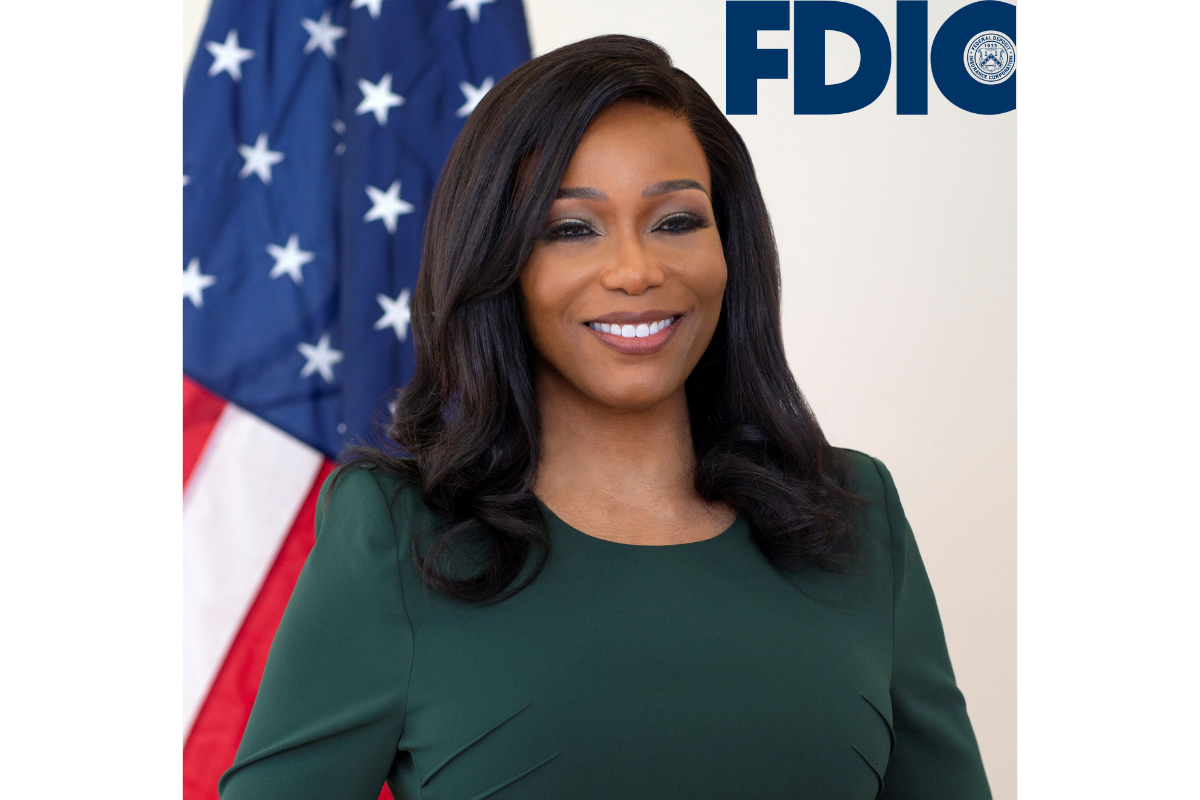
Many minority- and women-owned businesses often turn to federal government agencies for contracts to offset some of the limitations imposed by the private market. According to USAspending. gov data, between 2008 and 2017, federal spending on contracts to minority-owned businesses increased 38.7 percent—jumping from 6.6 percent of all federal contracts in 2008 to 9.8 percent in 2017. Federal spending with women-owned businesses for that same period increased by 44.3 percent, jumping from $17.6 billion in 2008 to $25.4 billion in 2017.
The Federal Deposit Insurance Corporation’s (FDIC) Office of Minority and Women Inclusion (OMWI) is one federal entity that has designated efforts towards increasing spending with minority- and women-owned businesses among other endeavors. Recently, MBE magazine spoke with Nikita Pearson, director, FDIC OMWI, to learn more about the OMWI’s initiatives and programs for MWOBs.
Pearson’s answers have been edited for brevity and clarity.
Q: Can you discuss the history and the mission of the OMWI?
Pearson: Since the 1990s, the FDIC has administered an outreach program to support minority- and women-owned businesses (MWOBs). In 2011, the program was restructured into the OMWI, pursuant to Section 342 of the Dodd-Frank Wall Street Reform and Consumer Protection Act. Dodd-Frank required certain federal agencies to increase participation of MWOBs in their programs and contracts to the maximum extent possible, including by providing technical assistance to such businesses.
Building a system that is fair and that fosters inclusive prosperity is of personal importance to me. As a child, I witnessed my mother being denied a loan in a heartbreaking way. And I’ve seen many from my community become increasingly frustrated by their inability to build wealth because they do not see a financial system that supports their hopes and dreams. Growing up poor in rural Georgia, I am also painfully aware that this frustration transcends race and gender. That is why I consider my recent appointment as the FDIC’s OMWI director as one of the most important positions I have held in my 22-year career with the agency. I intend to use this opportunity to help foster a safer, fairer, and more inclusive financial system where everyone has equal opportunity and feels included.
OMWI supports the FDIC’s primary mission—to maintain stability and public confidence in the nation’s financial system—by expanding diversity, equity, and inclusion not only in our business activities with MWOBs, but also within our workforce and throughout the banking system. OMWI is responsible for developing the FDIC’s standards for equal employment opportunity and ensuring diversity—in terms of race, ethnicity, and gender—among the FDIC workforce of more than 5,000 employees, including at the senior management and executive levels. In addition, OMWI is responsible for assessing the diversity policies and practices of approximately 3,200 banks that are supervised by the FDIC.
It’s also worth noting that, while I am responsible for leading this effort, FDIC Chairman Jelena McWilliams is the driving force. She shares my strong commitment to the principles of equity and inclusion in the financial system. Since she joined the agency in June 2018, she has elevated the role of OMWI, raised the standard of success, and required the agency to make meaningful, measurable progress. Chairman McWilliams’s support has been critical to the success of our program.
Q: What are some of OMWIs initiatives and programs?
Pearson: First, we have begun efforts to identify and mitigate barriers that MWOBs may face in taking advantage of FDIC procurement and contracting opportunities. As a result of this analysis, OMWI is enhancing our outreach to MWOBs and our technical assistance program, sharing more information with MWOBs, and providing more education on our contracting process. These initiatives and programs are critically important because, in our current environment, the FDIC’s reliance on contractors is declining.
Let me add some historical context. When Dodd-Frank was signed into law, the U.S. economy was still in the midst of a financial crisis. High numbers of bank closings had significantly increased the agency’s workload and, as a result, we heavily relied on contract support to carry out our mission. The increase in contract activity provided more opportunities to include MWOBs in our operations. As the number of bank closures has declined, so has our need for related contract work. The COVID-19 pandemic has exacerbated this situation not only because of its impact on the FDIC’s contracting needs, but also because it has taken an enormous toll on small businesses, including MWOBs, across the country.
Against this background, the FDIC is working to include MWOBs in our business activities to the maximum extent possible. Among other things, we have modified our acquisition policy and procedures to promote diversity on solicitations. For example, for solicitations valued over $100,000, we require that MWOB recommendations be included on the source list. We are also participating in the U.S. Small Business Administration’s 8(a) Program to help small and disadvantaged businesses gain access to contracting opportunities. We have identified and contracted with MWOB resellers of IT hardware and software rather than placing orders directly with manufacturers. We have presented at minority bar association meetings to help prepare minority- and women-owned law firms (MWOLFs) for opportunities to work with us. And we have encouraged co-counsel arrangements between large majority law firms and smaller MWOLFs to ensure there are adequate resources and expertise to handle larger, complex matters.
Through OMWI, the agency provides one-on-one technical assistance to MWOBs to help them understand the FDIC’s contracting and acquisitions processes and to help them compete. We also provide shared learning opportunities, hosting events that provide an overview of digital marketing best practices for MWOBs (i.e., “Getting to Success: Marketing Your Business”) and that address partnerships and resources that can be utilized to enhance network connections (i.e., “Collaborating with A Mission”). We are planning a third event for this summer.
OMWI is also hosting pilot marketing events called “Pitch Day”. Pitch Days provide a virtual forum for MWOBs to market their capabilities directly to the FDIC. These events increase our awareness of competitive vendors and give potential vendors the opportunity to establish relationships with our program offices.
We also encourage supervised financial institutions to enhance their own diversity, equity, and inclusion efforts. We have developed a Financial Institution Diversity Program, including a voluntary annual self-assessment that gives financial institutions an opportunity to gather and analyze data with respect to their own diversity policies and practices. The FDIC also analyzes this information to identify trends and to share exemplary diversity and inclusion practices. To learn more about this and other efforts led by OMWI, please visit https://www.fdic.gov/about/diversity/.
Q: How successful have you been with your diversity contracting?
Pearson: We have many success stories and we want to create more. One example is the FDIC’s multiple award Information Technology (IT) Application Services Contract, which was awarded in 2013 and is still active today. Seven of the 14 firms awarded the contract are MWOBs, and more than half of the resulting task orders have been awarded to MWOBs. The combined value of these task orders is $296 million, or 53 percent of the total award amount.
In 2020, we awarded 117 new contracts to MWOBs, totaling $90 million, or 21 percent of the total new awards for 2020. In addition, we made payments totaling almost $107 million to MWOB contractors in 2020. One of the most significant awards for the year was the FDIC’s multiple award IT Security Contract. Four of the 10 firms awarded the contract were MWOBs and will be able to compete for task orders under this $364 million contract. In addition, we paid $4 million to MWOLFs and diverse attorneys on outside counsel services, representing 22 percent of total payments to outside counsel in 2020.
Through our technical assistance events, roundtables, and other outreach, OMWI continues to engage with MWOBs and MWOLFs. We routinely hear that our outreach efforts give these businesses and professionals useful, actionable advice and recommendations that help them navigate the acquisitions and contracting process, not just at the FDIC, but throughout the federal government and the private sector.
Q: Are there any plans to expand what you’re currently doing? If so, how?
Pearson: Yes! In March, the FDIC published its Diversity, Equity, and Inclusion Strategic Plan to guide our efforts over the next several years. The plan outlines a broad and ambitious agenda to expand inclusive prosperity.
For example, OMWI is collaborating with different program areas within the FDIC to better understand their procurement needs well in advance of the start of the procurement process. This will allow ample time to perform market research and outreach to qualified MWOBs. It will also allow us to develop procurement strategies that enable MWOBs to be competitive.
In addition, over the next few years the agency will:
- Host a joint ventures virtual conference to provide technical assistance to minority- and women-owned investors (MWOIs);
- Implement and enhance our tool for performing good faith reviews of our contractor workforce;
- Develop and implement a portal to support OMWI’s vendor outreach activities; and
- Review the selection process for MWOLFs to determine if there are opportunities to enhance the selection process, within existing guidelines, for legal referral services.
Taken together, these new efforts and our current practices will expand the pool of available vendors, thereby increasing competition and competitive pricing, and bringing new and innovative solutions to support our mission.
To learn more about these efforts, as well as other FDIC initiatives, I highly recommend reading our Diversity, Equity, and Inclusion Strategic Plan, which is available at https://www.fdic.gov/about/diversity/dei2021.html.
Q: What are some of your accomplishments?
Pearson: I think about our accomplishments across the spectrum of our diversity, equity, and inclusion efforts. Here are a few.
- We have been recognized by the United States Pan Asian Chamber of Commerce for more than 20 years of partnership in advancing Asian American businesses and professionals in government contracting.
- For the past two years, we have hired minorities at a rate above the civilian labor force (CLF) standard for entry-level examiner positions. Examiners represent the FDIC’s largest occupational group, and many examiners move on to leadership roles throughout the organization. For this reason, we are particularly eager to continue the trend of increasing representation among this group.
- We increased minority representation at the executive level to almost 20 percent in 2020, significantly outpacing the prior year’s growth.
- In 2020, 14 percent or our new hires were veterans, compared to 8 percent in 2019.
- We have increased the percentage of individuals with disabilities in the FDIC workforce to 13 percent, surpassing the federal government-wide goal of 12 percent.
- We have sponsored and promoted mentoring programs within our workforce to prepare more employees to take on leadership roles. In 2020, approximately 32 percent of participants were minorities and approximately 58 percent were women.
- Participation in our Financial Institution Diversity Self-Assessment Program continues to grow. In 2020, we achieved our highest ever response rate.
We are encouraged by these results, but by no means are we satisfied. We can and will do more. I encourage all of your readers to reach out to the FDIC to explore opportunities with us. More information is available at “Doing Business with the FDIC” at https://www.fdic.gov/about/doing-business/.




